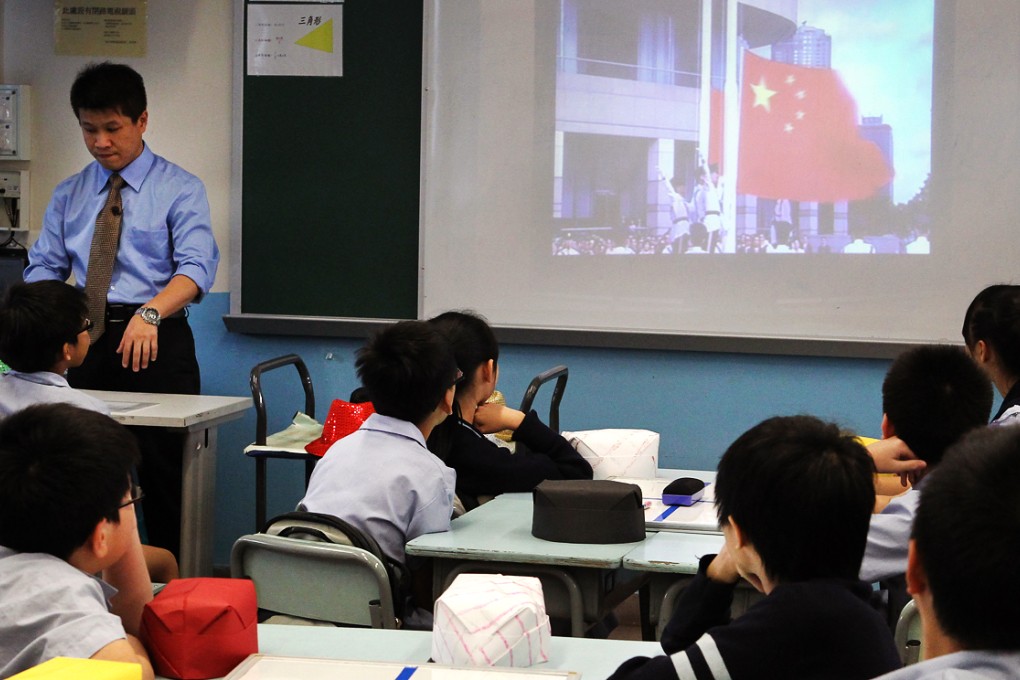National education 'should be introduced in Hong Kong to halt anti-mainland feelings'
Basic Law Committee member says pupils must be taught about Hong Kong's status

The government should try again to introduce national education into Hong Kong schools with the emphasis on Chinese culture rather than ideology, a mainland law professor who advises Beijing on Hong Kong affairs said.
Rao Geping, a Basic Law Committee member and law professor at Peking University, said the city's government should also do more to remove the legacy of its colonial past to stave off anti-mainland sentiment among young people.
"Hong Kong hasn't done ideally in educating its youth about how to adapt to its status under 'one country, two systems'," he told a two-day forum in Beijing hosted by the Chinese Association of Hong Kong and Macau Studies on the political implications of the city's education.

"I think national education should be introduced again, but with an emphasis put on Chinese history and culture, but not ideology. We should have it in schools."
There were contradictions between the education system that Hong Kong inherited from colonial days and the one it should have as part of China - so young people should be taught about "decolonisation", he said.
Some speakers at the forum said teachers were often not qualified to give the right information about the city's status.